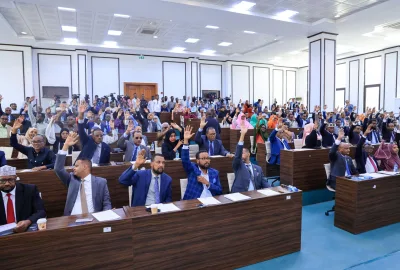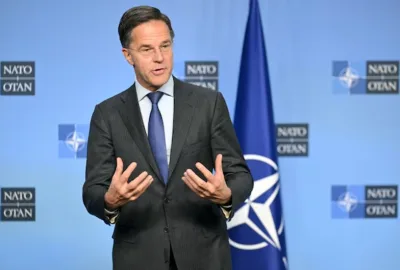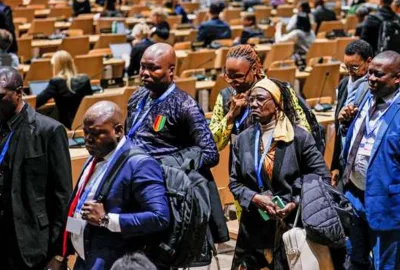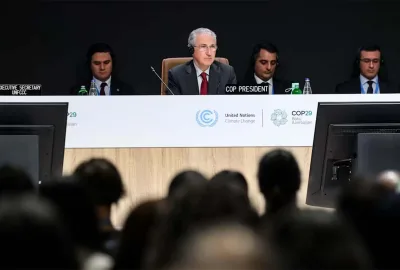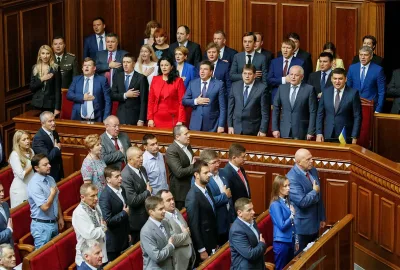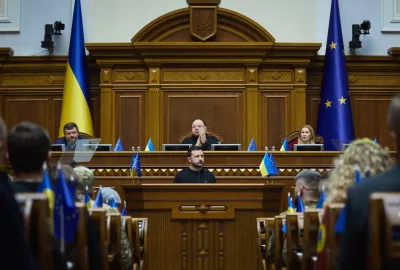MOGADISHU, Somalia (HM) – Prime Minister Hamza Abdi Barre convened a special meeting on Monday to…
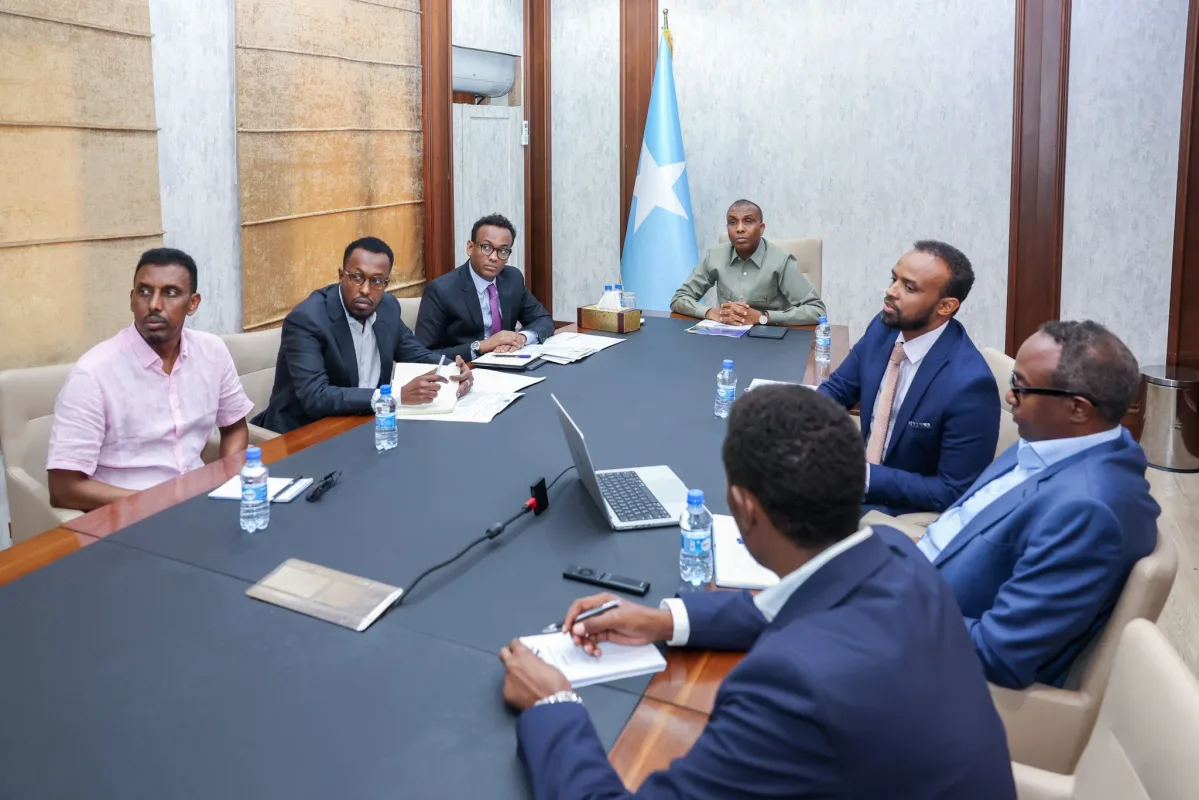
MOGADISHU, Somalia (HM) – Prime Minister Hamza Abdi Barre convened a special meeting on Monday to discuss strategies for boosting the Somali government’s capacity to monitor and report on the nation’s food security situation.
The meeting reviewed plans for the Somali government to assume responsibility for collecting, analyzing, and disseminating data on food insecurity levels across the country. This proposed transition follows challenges in implementing a 2021 agreement between the National Bureau of Statistics and the Food and Agriculture Organization (FAO) in Somalia, which was intended to facilitate the transfer of food security assessment duties to government authorities.
“Producing these reports in-house will allow us to better understand and respond to the food security situation faced by Somali citizens,” Prime Minister Barre stated during the meeting. “At the same time, we remain committed to our collaboration with international organizations on this crucial issue.”
Barre emphasized the importance of the government generating independent food security analyses and reports, a capacity-building measure that could strengthen Somalia’s response to potential crises of food shortages or famine.
Key officials in attendance included the Director General of the National Statistics Agency, Sharmarke Farah, advisers from the Prime Minister’s office, and other high-ranking government representatives. Discussions focused on concrete steps to facilitate a smooth handover of food security monitoring and reporting responsibilities from international partners to Somali authorities.
The proposed move aligns with the government’s broader efforts to enhance national data collection and analytical capabilities across multiple sectors. Bolstering indigenous expertise in monitoring food insecurity could enable more rapid and locally-informed decision-making to address the environmental, economic and political factors that impact food availability for Somali households.
HORSEED MEDIA


